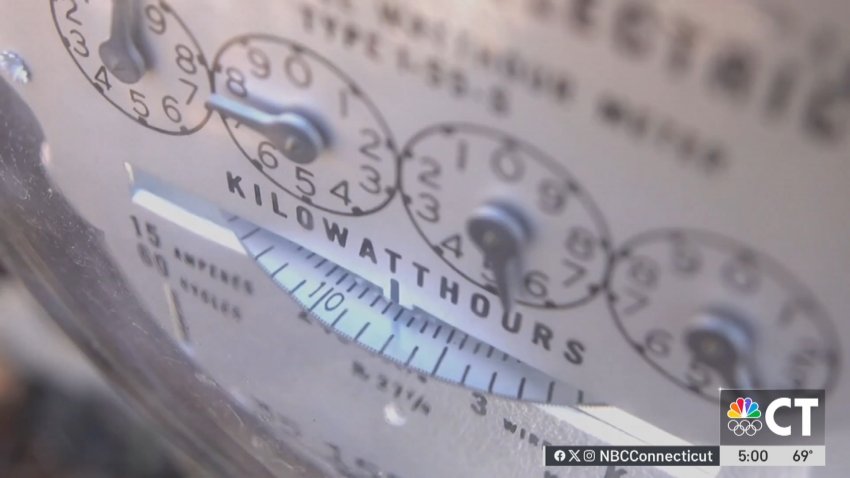Six towns in Connecticut, including Wallingford, operate their own electric companies, which can keep customers’ bills as much as 30% to 40% lower than Eversource and United Illuminating customers.
Not everyone is affected by the recent increase in electricity rates.
Municipal electricity companies are not regulated by the Public Utilities Regulatory Authority and thus do not have to carry the public benefits charges.
Stream Connecticut News for free, 24/7, wherever you are.
The means people in Wallingford, covered by one of six public electric companies, aren’t impacted by the same July 1 hike that has Eversource and United Illuminating upset.
“The last time we checked, we’re actually, by a small amount, the least electric rates in the state,” Wallingford Public Utilities Director Rick Hendershot said.
Get top local Connecticut stories delivered to you every morning with the News Headlines newsletter.
Even before the July 1 rate change for Eversource and UI, Wallingford’s rate was significantly lower – Rep. Mary Mushinsky, (D, Wallingford), estimates usually 30% to 40% lower.
“I'm glad I live in Wallingford,” she said.
But why?
Local
Experts and lawmakers have different ideas on the reasons and what lessons the state may be able to learn.
Hendershot said the main reason is because the Wallingford Electric Division is part of the town, not a privately owned company.
“Being locally managed and controlled, that’s got some sort of qualitative benefits,” he said.
American Public Power Association Vice President of Education, Training and Events Ursula Shryver agrees.
She estimates 14% of customers nationwide are served by a publicly owned power company, and they save an average of 7% compared to providers owned by investors.
“They don’t pay dividends to stockholders and revenue from the utility is invested back into the system,” she said.
Eversource said in a statement that municipal power companies have other advantages in Connecticut, too.
The company pointed to the public benefits charge as a big difference.
Hendershot said Wallingford does have some of the same policies, including spreading the cost of pandemic-era moratorium of shutoffs into bills.
But Sen. Ryan Fazio, (R, Greenwich), said state policies still drive that public benefits portion even higher.
The ranking member on the Energy and Technology Committee said he will propose eliminating the public benefits portion of the electric bill next year.
Lawmakers would then decide whether to pay for those programs in the budget.
“We need polices that are practical, that reduce the costs of delivering and generating energy,” he said.

Eversource also noted regulators also limit the company and UI to short-term purchase agreements for power.
Municipal companies can enter long-term agreements that can help stabilize costs.
“Any quick change in prices, the war in Ukraine or whatever, investor-owned feel it right away,” Mushinsky said, making the same point. “We don’t in Wallingford.”
Eversource also noted it must pay property taxes and is often among the top taxpayers in the cities and towns it serves, while municipal companies don’t.
Hendershot said Wallingford’s Electric Division does make a payment back to the town, though.
Experts questioned how much the state can copy what municipal companies do statewide.
Mushinsky said the public benefits surge, for example, is driven by the cost of a deal to keep the Millstone Power Plant open. Those payments last for 10 months.
She’s open to re-examining public benefits but questioned if that would produce any savings long-term.
Hendershot, meanwhile, said it’s hard to replicate what Wallingford is doing. He said residents today are lucky the town created the operation 125 years ago and never sold it.
Starting a new municipal service is likely too expensive, though.
“It's definitely an investment, both in terms of time, money and resources,” Shryver said. She also said the last public utility formed in the U.S. started in 2013.



